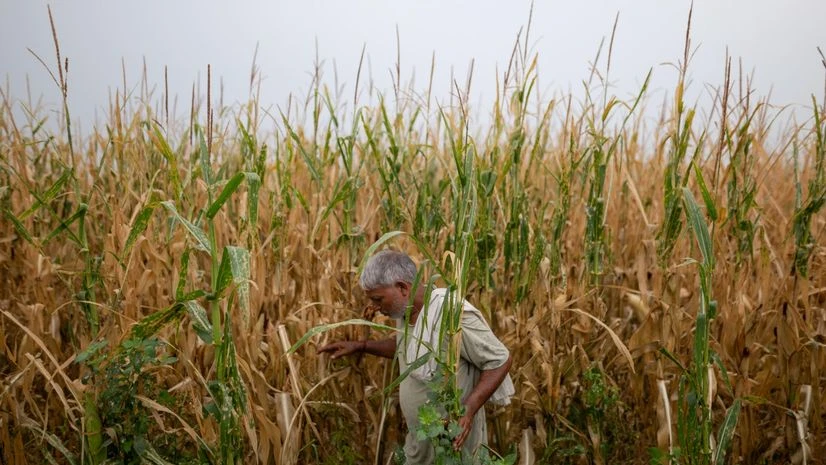Farmers in India lost roughly Rs 40,000 crore due to the dumping of wheat in the market by the government in an effort to rein in rising food inflation, a report released by the Indian Council for Research on International Economic Relations (ICRIER) on Tuesday showed.
Paddy farmers are also expected to suffer similar losses in the approaching procurement season just as wheat farmers have, thus showing the economic impact of the government’s restrictive policies on farmers, it said.
“Similar restrictive policies are in place for pulses farmers, and now even onion farmers. This calls for revisiting market restrictive policies, and compensating farmers for the substantial transfer of resources from producers to consumers,” the report, titled “Tackling food inflation”, said.
Wheat production in 2022-23 stood at 112 million metric tonnes (mmt) and in the 2023-24 rabi marketing season the minimum support price (MSP) for wheat was set at Rs 2,125 per quintal, while the market price hovered around Rs 2,673 per quintal in January 2023.
“To stabilise domestic wheat prices, the government initiated open market sale scheme (OMSS) sales in February, offering wheat at a substantially reduced price, starting at Rs 2,350 per quintal and later at an even lower price of Rs 2,150. This OMSS price was lower than the economic cost of wheat, which was at Rs 2,654 per quintal during 2022-23. Without this market intervention, farmers could have potentially earned an additional Rs 548 per quintal (Rs 2,673 minus Rs 2,125) from their sales of wheat resulting in a loss of around Rs 40,000 crore to farmers,” the report notes.
Besides, the report says that judicious use of trade policy is needed to tame inflation at home without hurting farmer earnings.
“In the case of wheat, the policy objective ought to have been addressing the market perception of wheat production being much lower than the government estimate. To allay those fears, the natural policy response should have been better transparency and communication about government estimates of production, and a reduction in the import duty of wheat from 40 per cent to say 10 per cent or even a complete removal. About 5-6 mmt should then have been imported to curb the inflation,” the report said.

)
